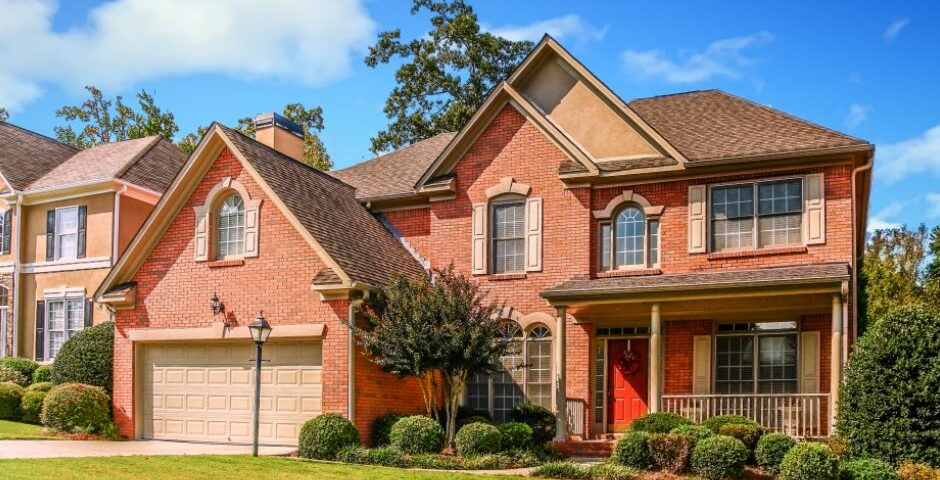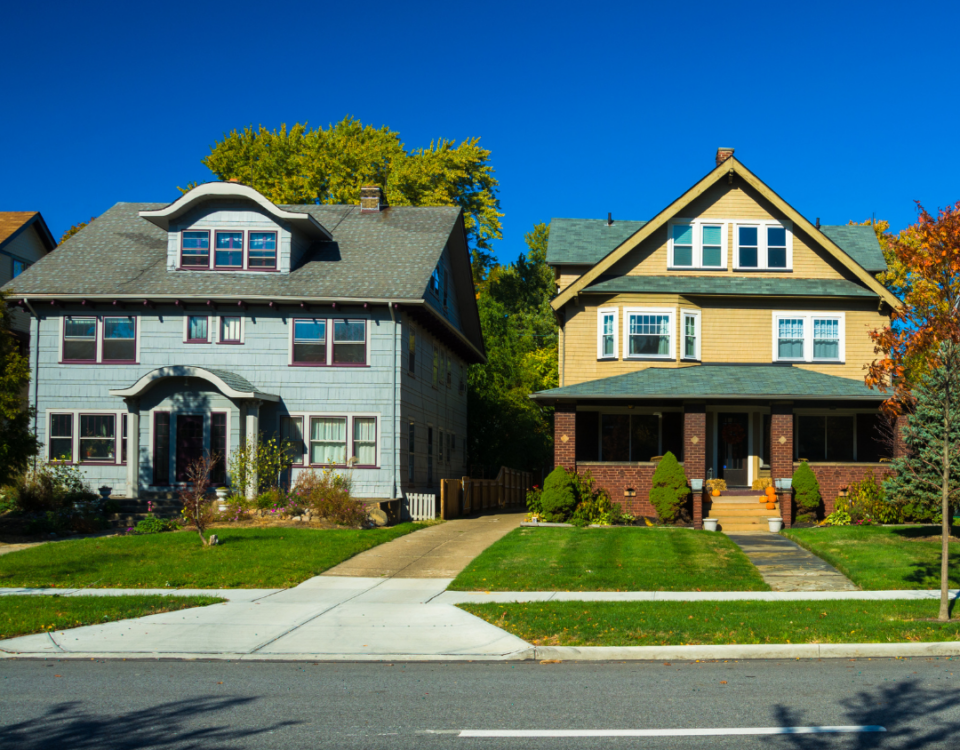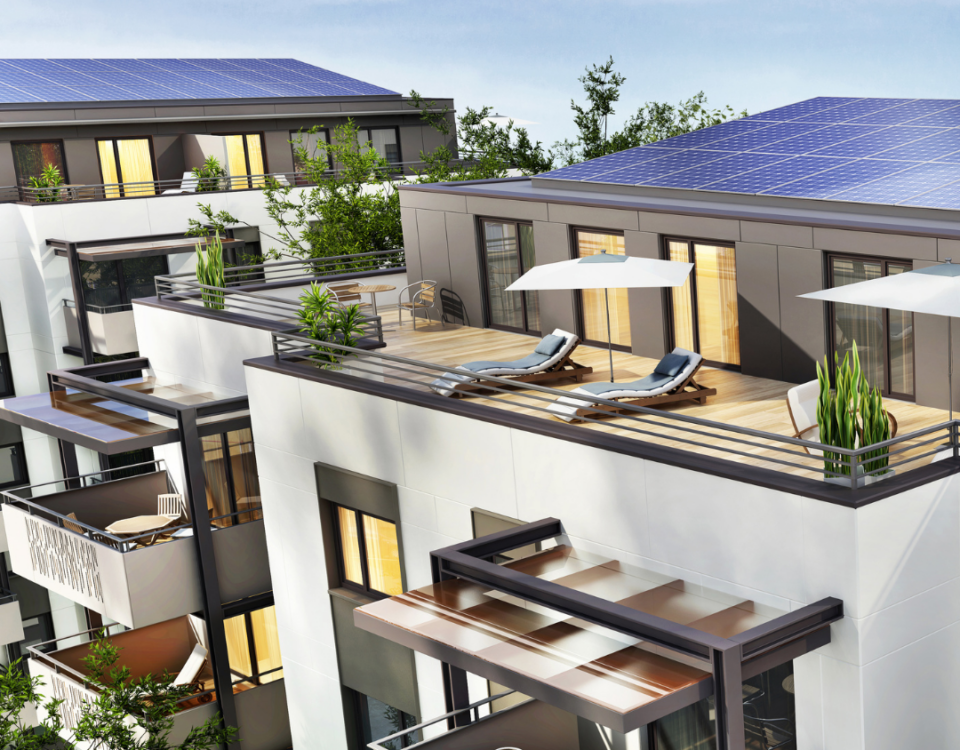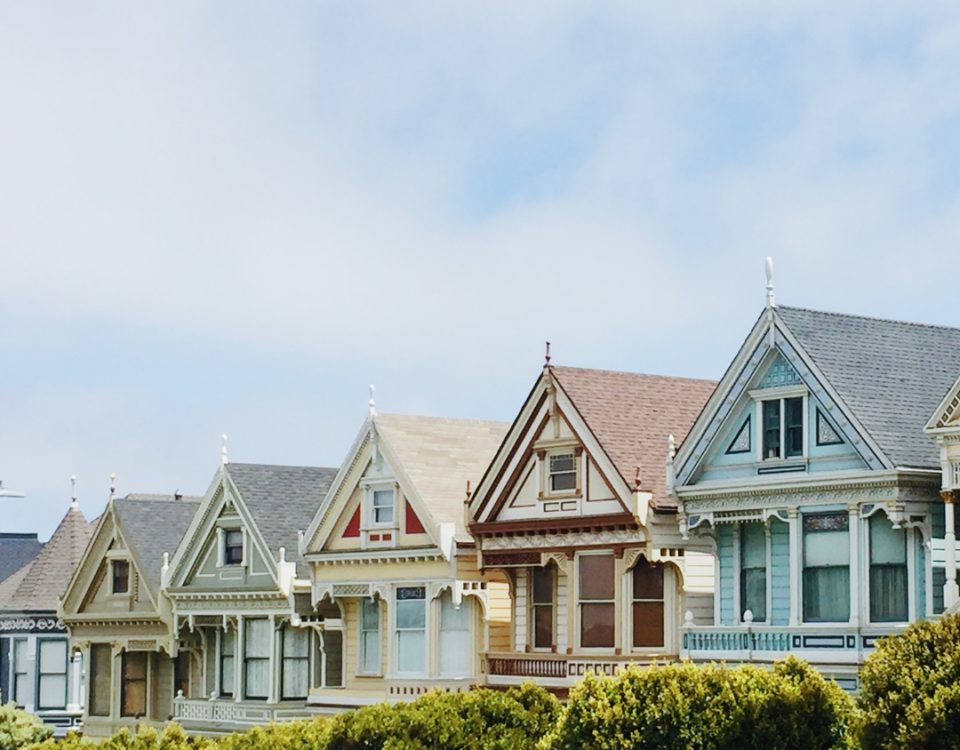
Elevating Residential Living with Dash Construction: A New Era of Home Building
April 11, 2024
Revolutionizing Commercial Spaces with Dash Construction: Building the Future of Business
April 11, 2024The landscape of residentialliving is undergoing a significant transformation, reflecting the evolving needs, preferences, and lifestyles of today’s homeowners. As we navigate through the 21st century, the concept of home has expanded far beyond its traditional boundaries, incorporating new design philosophies, technologies, and sustainability practices. This article explores the dynamic changes in residential spaces, highlighting how modern developments are reshaping our living environments to cater to the contemporary way of life.
Adaptive Designs for Modern Lifestyles
One of the most notable trends in the residential sector is the shift towards more flexible and adaptive home designs. With the rise of remote work and the increasing need for multi-functional spaces, homeowners are seeking layouts that can easily transition between work, leisure, and living. Open floor plans, modular rooms, and convertible spaces have become essential features, allowing residents to customize their homes to fit their changing needs. This adaptability not only maximizes the utility of living areas but also enhances the overall comfort and efficiency of the home.
Sustainability and Eco-friendly Living
Sustainability has moved from a niche preference to a mainstream demand in residential construction. Homebuyers are increasingly conscious of their environmental impact, prompting a surge in eco-friendly homes that prioritize energy efficiency, renewable energy sources, and sustainable building materials. Features such as solar panels, energy-efficient appliances, and green roofs are becoming standard, reflecting a collective effort to reduce carbon footprints and promote a healthier planet. Moreover, the integration of natural elements and indoor-outdoor living spaces emphasizes a harmonious relationship between the built environment and the natural world.
Technological Integration for Smart Homes
The incorporation of technology into residential spaces has revolutionized the way we interact with our homes. Smart home technology, including automated systems for lighting, heating, security, and entertainment, offers unprecedented levels of convenience and control. These intelligent systems not only enhance the functionality of homes but also contribute to energy savings and improved security. The future of residential living is undoubtedly digital, with homes becoming more connected and responsive to the needs of their inhabitants.
Community-oriented Developments
The concept of community is being reimagined in the residential sector, with an emphasis on creating spaces that foster social interaction and a sense of belonging. Residential developments are increasingly incorporating communal amenities such as parks, recreational facilities, and co-working spaces. These shared resources not only enrich the living experience but also encourage a stronger sense of community among residents. The focus on communal living reflects a broader societal shift towards valuing connectivity and support within residential environments.
The Rise of Urban Residences
As urbanization continues to shape global demographics, the demand for residentialspaces in city centers has soared. This trend has led to innovative solutions to urban living challenges, such as the development of vertical residences, mixed-use buildings, and micro-apartments. These urban residential models prioritize efficiency, accessibility, and proximity to services and amenities, catering to the fast-paced lifestyle of city dwellers. Despite the constraints of urban environments, these developments offer creative ways to maximize space and provide comfortable living conditions.
READ MORE:




